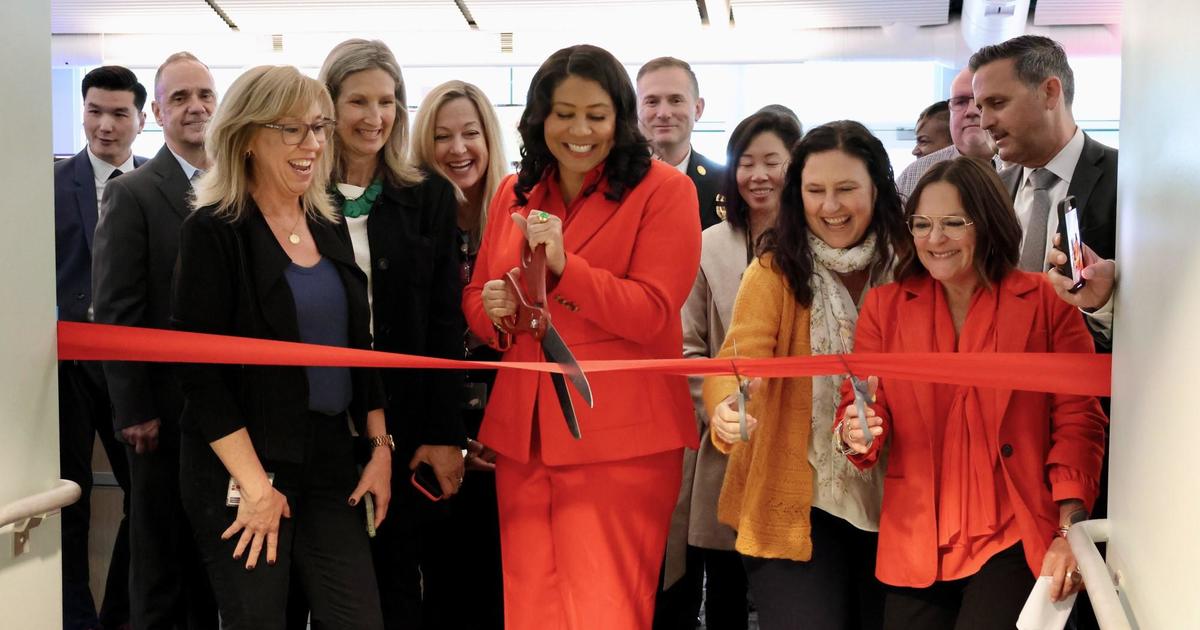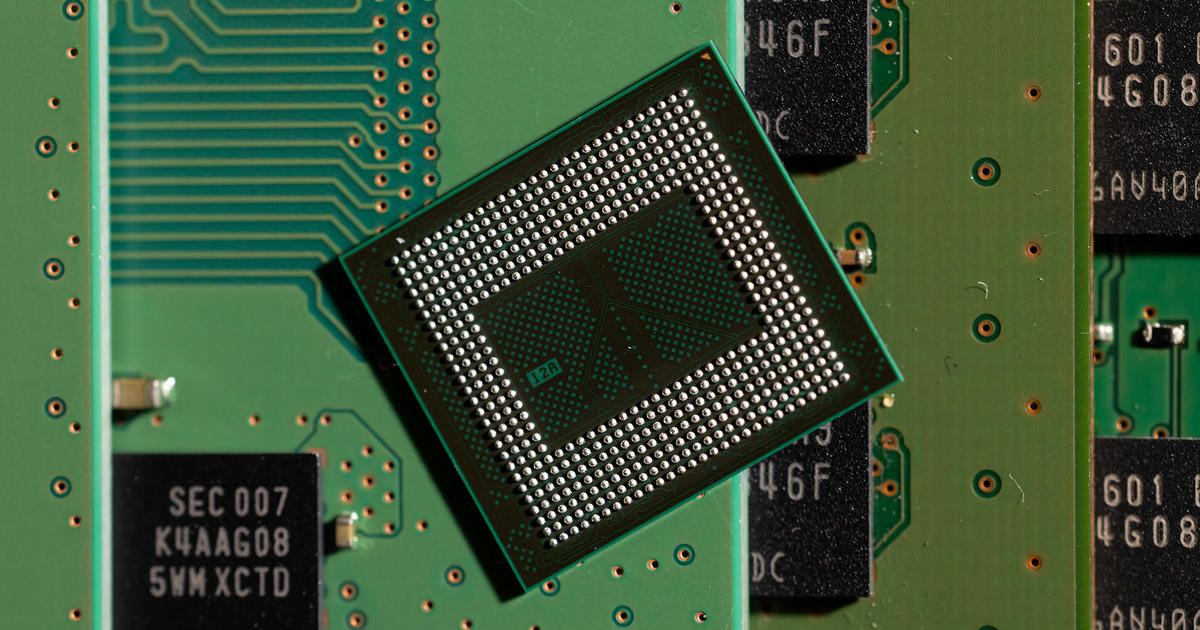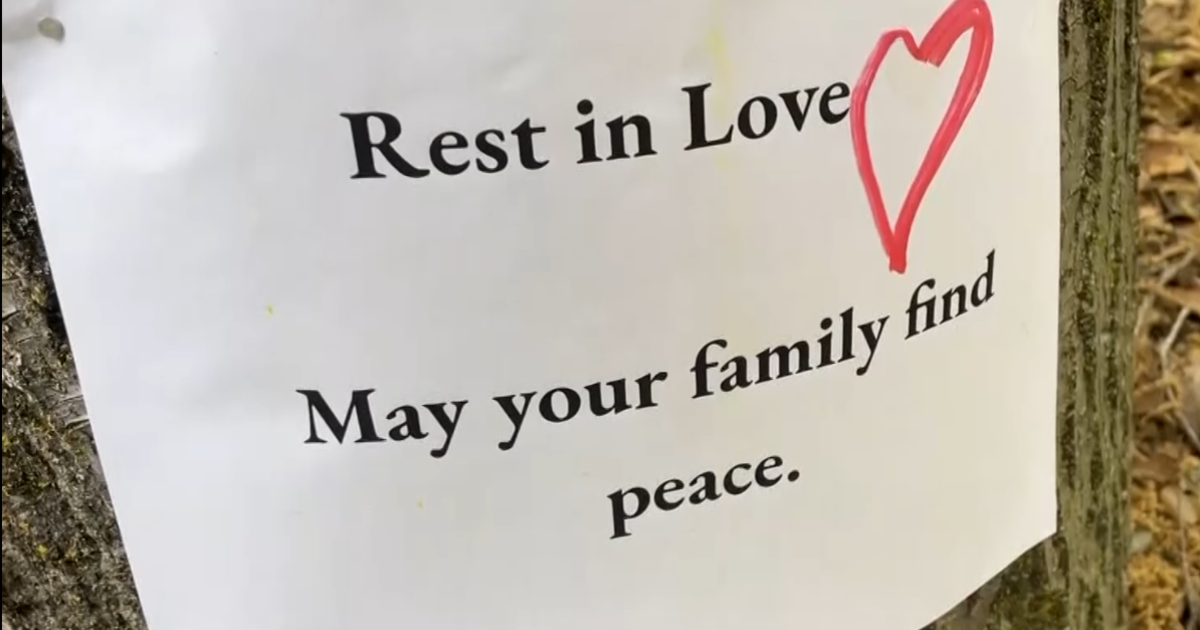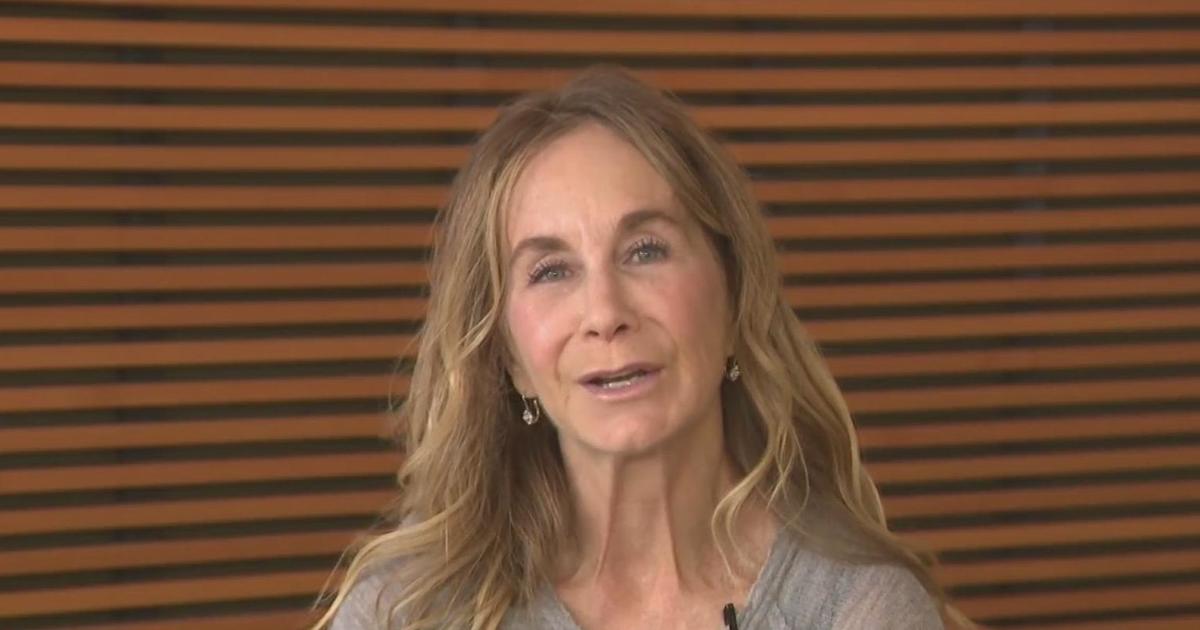Brian Cooley: Life-Saving Car Tech Not Yet Mandatory
SAN FRANCISCO (KPIX 5) - Two major new federal regulations are in the offing that could ask technology to erase thousands of auto injuries and deaths -- but will they work and at what cost?
Rearview cameras were going to be required on all new cars by 2014 but a few days ago the U.S. government quietly slid that deadline back into 2015. The main reason is to give automakers more time to analyze the cost and feasibility of putting a backup cam in every car.
The auto industry estimates it would cost somewhere around $2.7 billion or $18 million for each life saved. About 300 people are killed in back-over accidents each year and another 18,000 injured. Nobody wants to put a cost on a life but that's exactly what's happening in the back of many minds around this debate.
Whatever the outcome, it will be very late - this requirement was first signed into effect by the Bush administration in 2008.
Even more controversial is the potential of requiring an alcohol detector in every new car that would verify the driver's alcohol level before allowing the car to be started. The National Highway Transportation and Safety Administration just began a huge project to poll 1,000 American drivers' opinions on this idea.
Drunk driving fatalities have come down dramatically since the 1980s but are now stuck at around 10,000 per year in the U.S. The alcohol detector is seen as the next big breakthrough in that number.
Current in-car alcohol detector technology is cumbersome and highly stigmatizing so one goal of any new federal requirement would be a virtually passive technology. Sensing the air around the driver's body or detecting alcohol in the skin from sensors in the steering wheel are the two most likely technologies. Neither requires blowing into a device to start the car, as is necessary today.
What inevitably arises is the spectre of the law either formally decreeing that a certain amount of drinking and driving is acceptable or adoption of a zero tolerance calibration which will run into major opposition from the restaurant, hospitality and beverage lobbies who argue that it is impractical to disable the cars of every person who have a glass or wine or two with dinner.
(Copyright 2013 by CBS San Francisco. All Rights Reserved. This material may not be published, broadcast, rewritten, or redistributed.)



